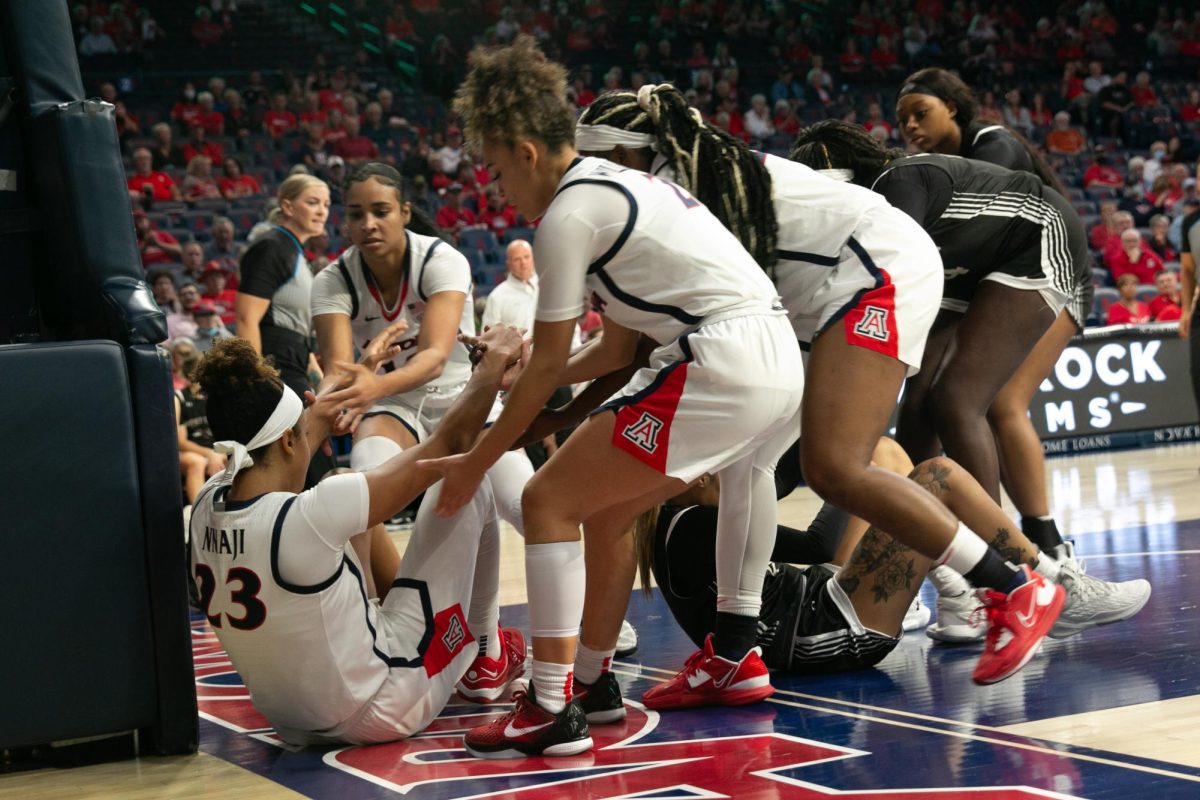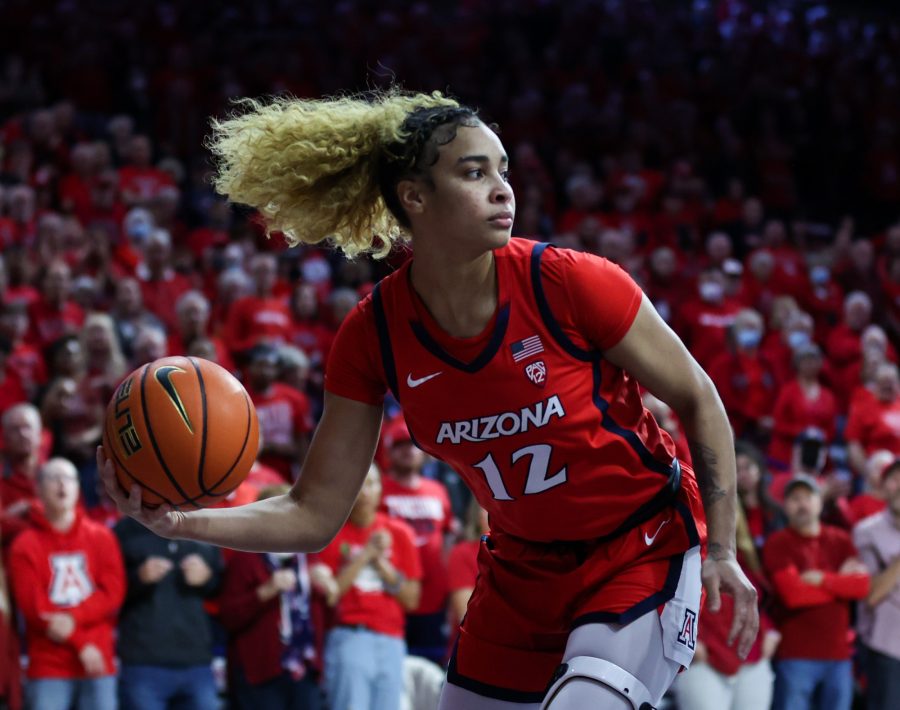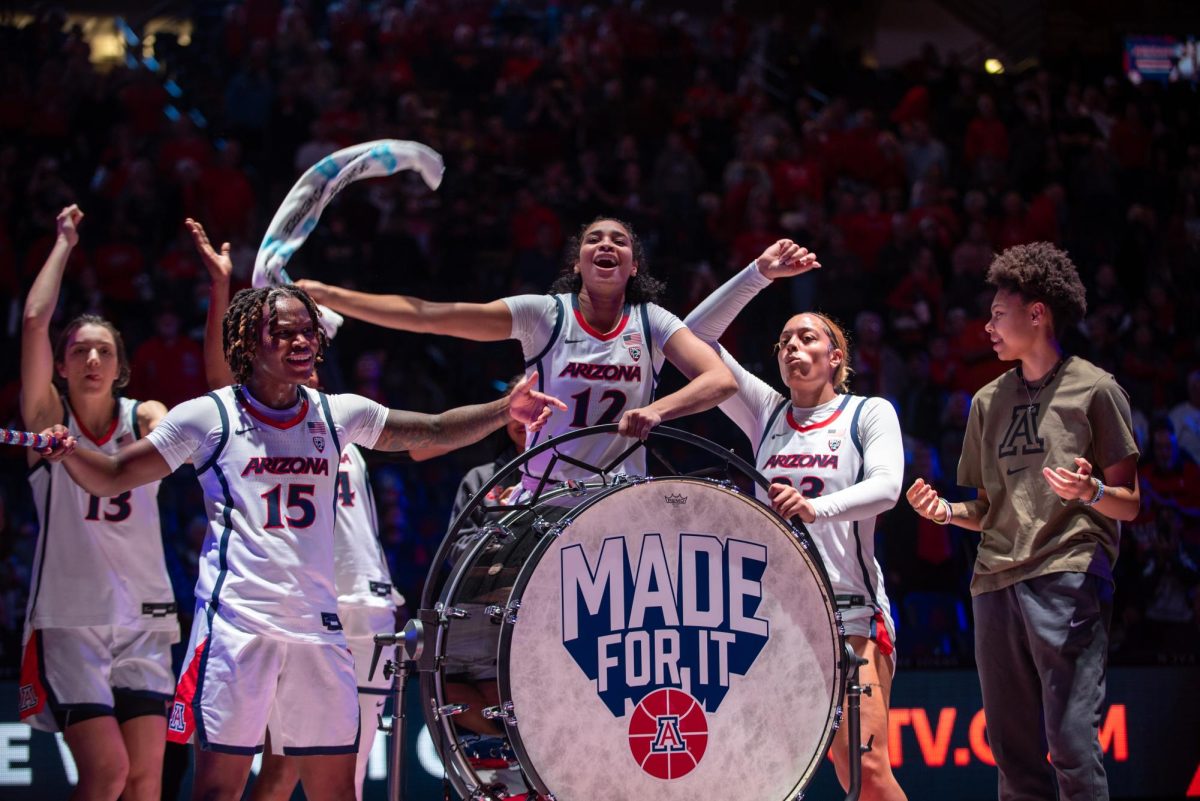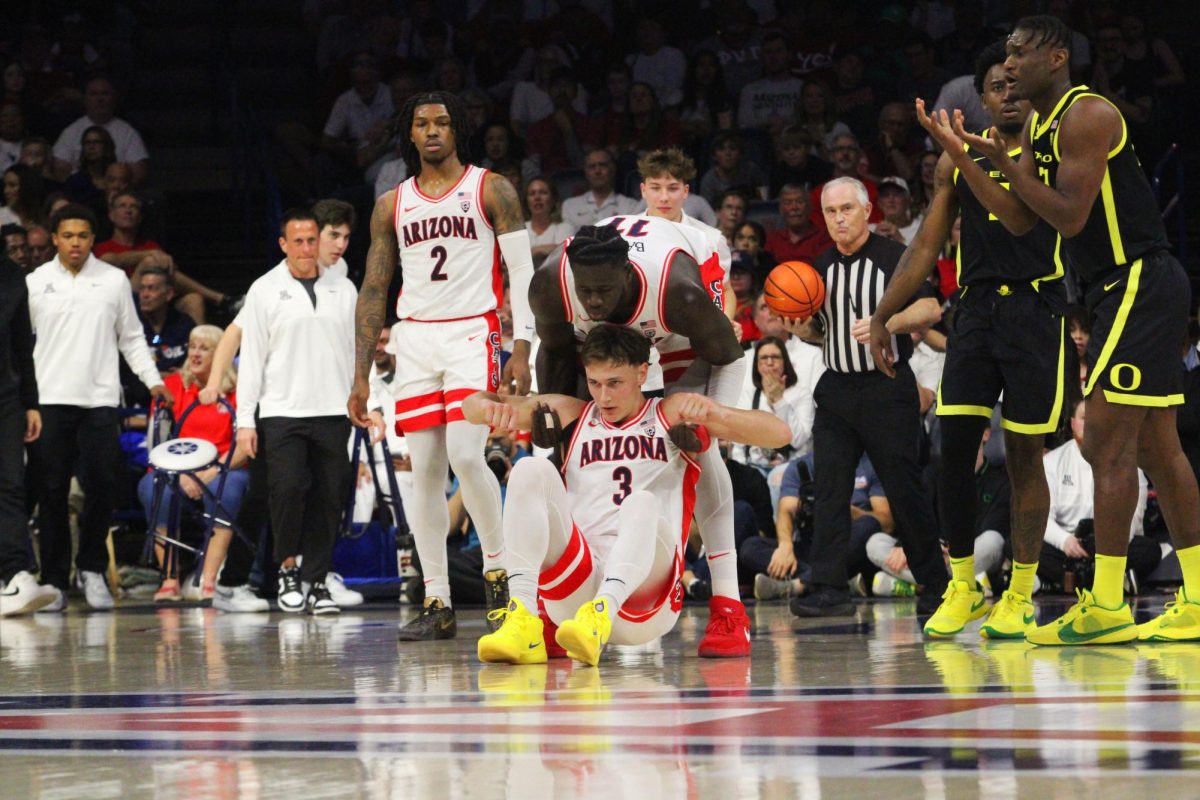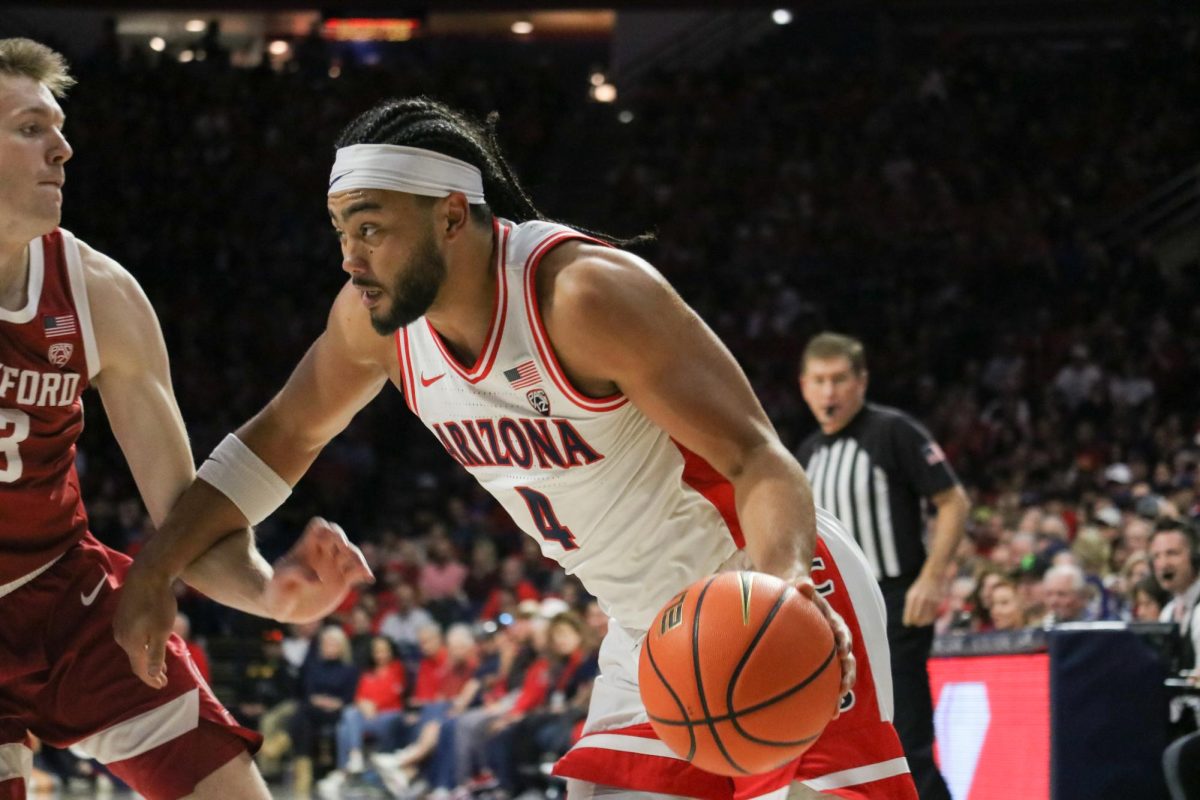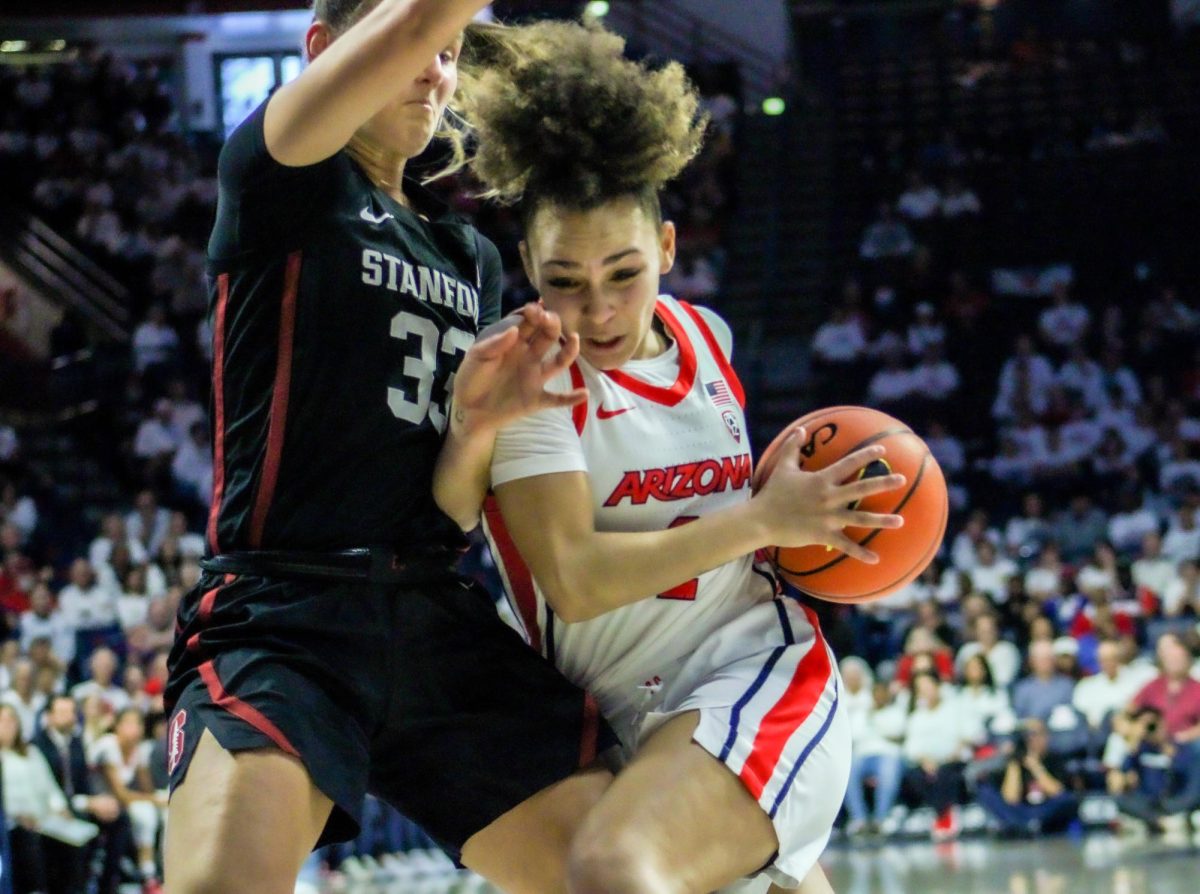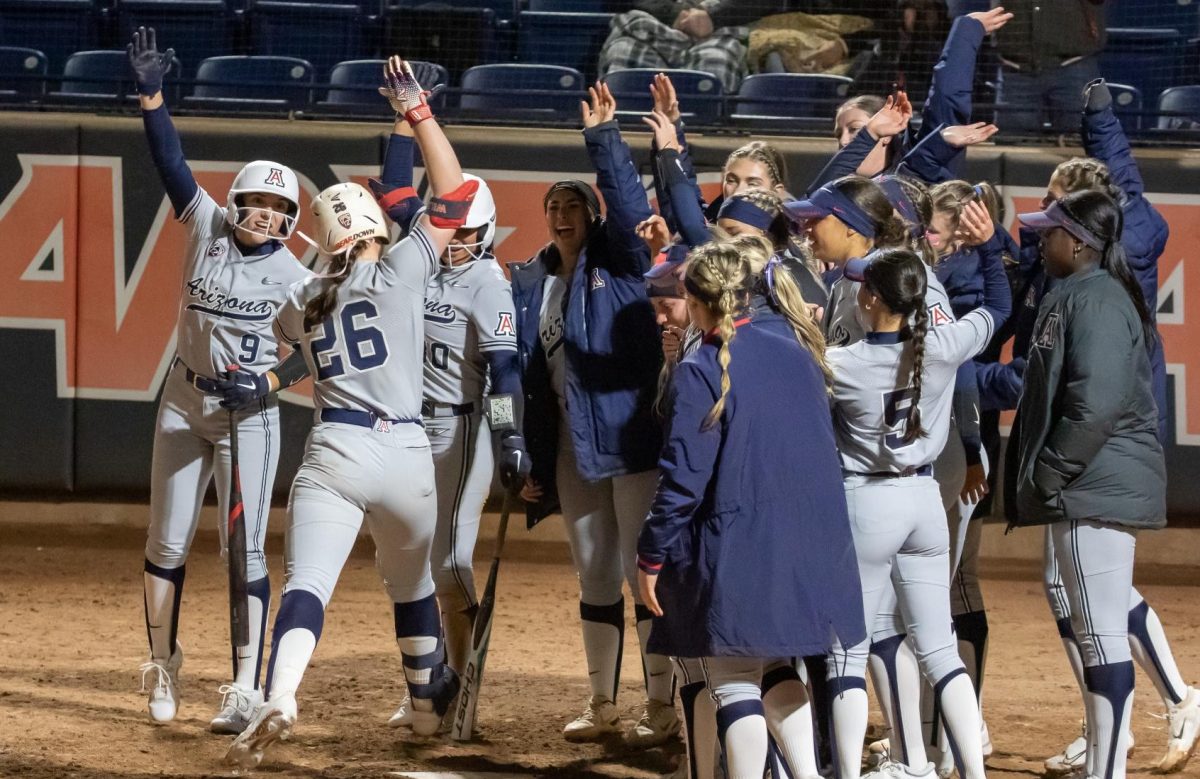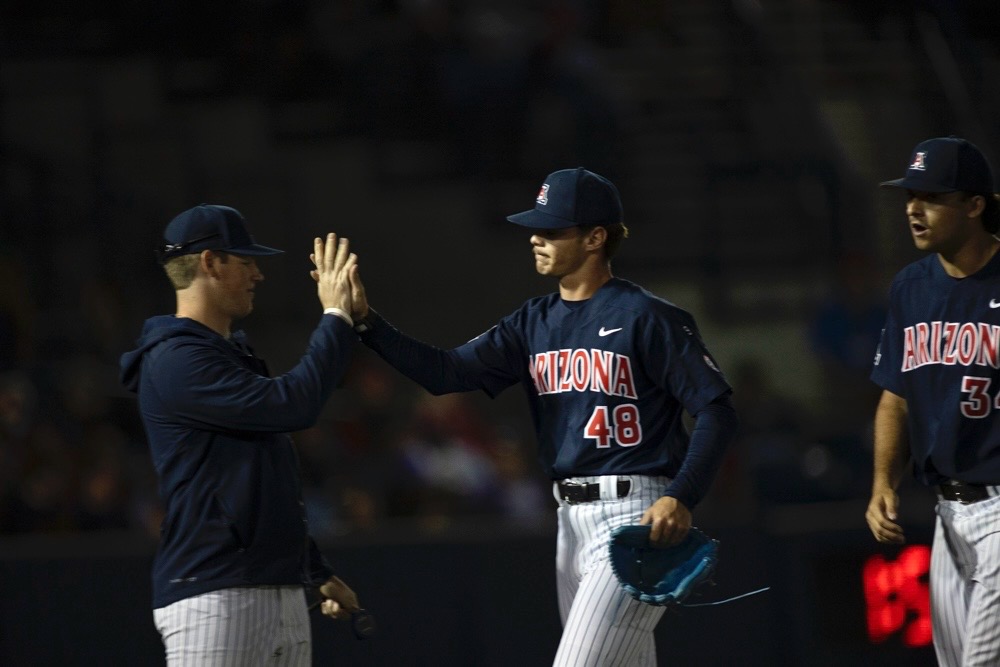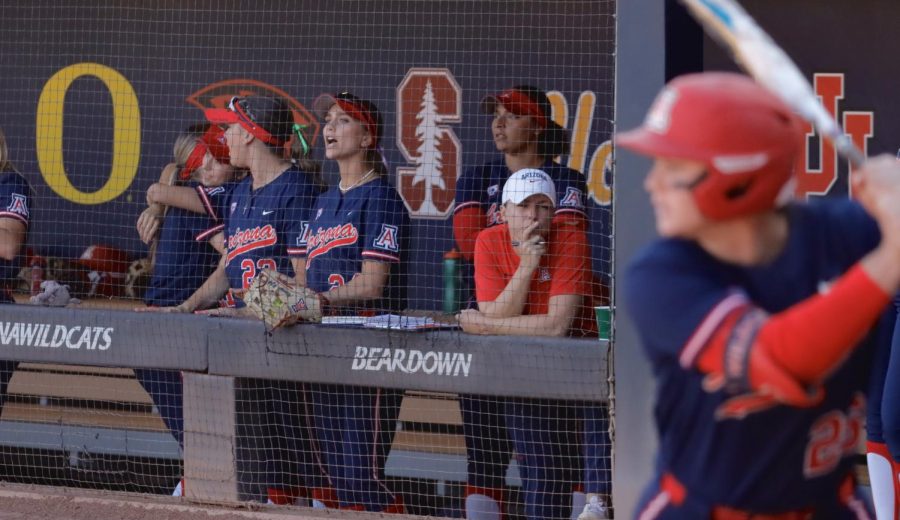TULSA, Okla. — Have you noticed a trend in these NCAA Tournament games that end in a flurry?
There’s big players making big plays, others making idiotic decisions, and ultimately, referees having to make the calls that will make a fan’s blood boil.
Only two games deep into the tournament, Arizona’s been on the winning end of two of those.
On Sunday, it was Arizona’s 70-69 victory when the refs called a questionable five-second count on UT guard Cory Joseph’s inbounds play with 14 seconds left leading to UA forward Derrick Williams’ 3-point play that won it for the Wildcats.
“”If we have to go back to the monitor … in this situation, I wish we could go back and review the five-second call,”” Texas head coach Rick Barnes said afterward.
Now, Barnes admitted he hadn’t seen a replay of the final 15 seconds, but his wishful thinking comes at a pivotal time for NCAA basketball. With so many tight contests and the development of the review monitor, what are officials to do in the closing seconds?
I say, call away. Enough with the complaining about officials being essentially a third-team.
If your team is good enough, don’t bank on officials — human beings — to get everything right.
If you team is good enough, don’t let it come down to judgement calls.
Earlier Sunday, the Washington Huskies, down 86-83, had an opportunity for a 3-pointer to tie North Carolina, but the officials seemingly left too little time on the clock (0.5 seconds) for a good shot attempt. Replays showed there should have been more than one second remaining.
Yes, Washington let let the lead slip away. Yes, the Huskies probably deserved a monitor review and time to get a shot off.
But such are the symptoms of taking it out of a their own hands. At that point, all the power goes to two other entities: the opponent and the official.
Then there’s the issue of whether to call the foul or not call the foul.
Last Friday’s block by Arizona’s Williams of Memphis’ Wesley Witherspoon to ensure a UA victory could’ve been a foul on Williams, Memphis fans probably thought — actually it might’ve been a foul prior to the shot on Wildcat Jamelle Horne, but the basketball gods weren’t about to throw that hitch in Wildcat fans’ wagon once again.
Anyway, if it’s in the officials’ control, there’s a definite risk.
But Arizona has played it correctly so far. Attack, play well enough for an entire game, and you’ll be on the winning end of things.
Be a Memphis, who didn’t have a constant focus to put the Wildcats away, and it probably won’t turn out well. Be a Texas, who played catch-up all game before floundering their last timeout with the lead and the ball — Jordan Hamilton grabbed a Williams miss with 14 seconds left and called time, which led to the five-second inbounds call — and you’ll lose.
The foul on the ensuing play was in question as well. Hamilton, trying to draw a charge, said he didn’t feel contact on the final score by Williams.
“”But the ref made up his mind and called a foul,”” Hamilton said. “”There’s nothing we can do about it now.””
But here’s something the remaining NCAA teams can do:
Beat the hell out of somebody and call it a win.
— Kevin Zimmerman is a journalism senior. He can be reached at sports@wildcat.arizona.edu



